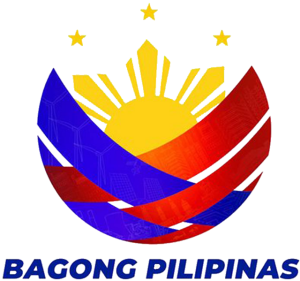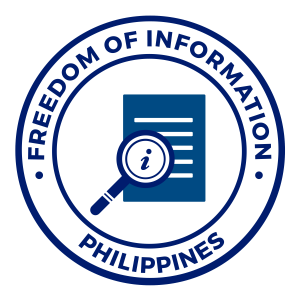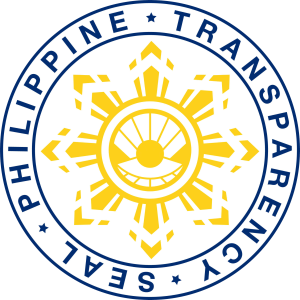![]()
To strengthen its research culture and deepen its community engagement efforts, the Northwest Samar State University – San Jorge Campus, through its Office of Research, Innovation, and Extension, successfully conducted a five-day seminar-workshop on Scholarly Writing, Intellectual Property Awareness, and Field-Based Community Engagement. The event took place from July 1 to 5, 2025, at Visayas State University, Baybay City, Leyte.
This intensive capacity-building initiative brought together faculty researchers, extension coordinators, and academic leaders in a concerted effort to enhance their competencies in research productivity, legal protection of intellectual outputs, and the creation of impactful, community-driven extension programs. It forms part of the campus’ broader strategy to promote academic excellence and foster innovation that directly responds to societal needs.

Day 1: Intellectual Property Awareness
Kicking off the seminar-workshop was a session on intellectual property (IP) rights, spearheaded by Dr. Ian A. Navarrete, Head of the Research and Innovation Office of Southern Leyte State University – Hinunangan Campus. Dr. Navarrete tackled the fundamental principles of intellectual property, highlighting its vital role in safeguarding innovations, creative works, and research outputs within academic institutions. Participants were guided on how to navigate the legal landscape of IP, including copyright, patents, and trademarks, ensuring their scholarly contributions are adequately protected and recognized.
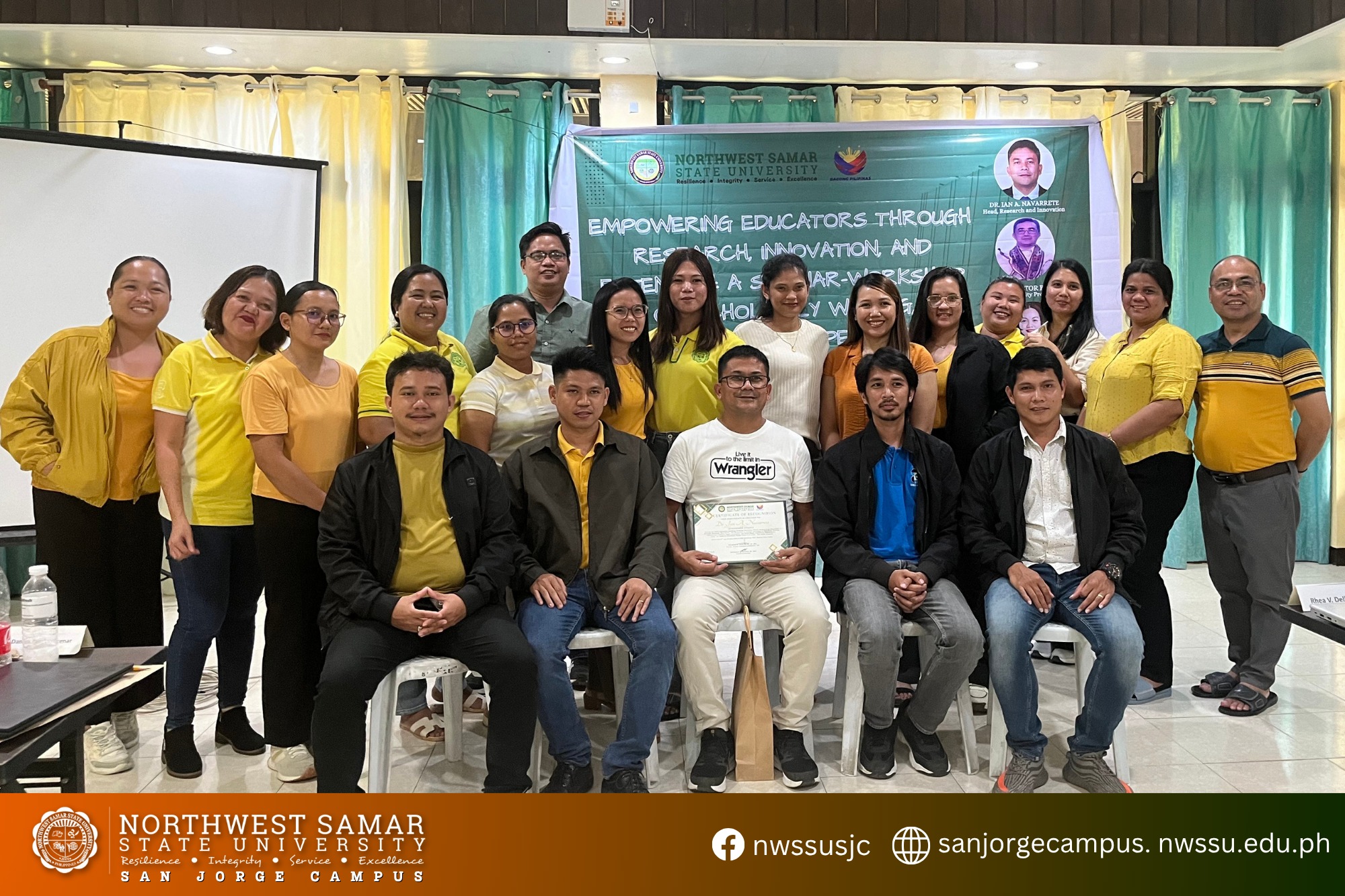
Day 2: Mastering Scholarly Writing
On the second day, Dr. Victor B. Asio, a seasoned University Professor from Visayas State University, led an in-depth session on scholarly writing. Dr. Asio shared best practices in crafting academic manuscripts—from conceptualization and structuring to submission and peer review. He emphasized the importance of clarity, originality, coherence, and adherence to publication standards. The session aimed to empower faculty to actively contribute to reputable journals and elevate the visibility and credibility of their research work.

Day 3: Linking Research with Community Needs
Dr. Henry B. Gultiano, Retired Professor III of Visayas State University, facilitated the third day’s session focused on research-based extension programs. Dr. Gultiano underscored the necessity of grounding extension initiatives in empirical research to ensure relevance and sustainability. Participants were guided on how to translate academic findings into meaningful community interventions, stressing the value of participatory approaches and impact-driven program design.
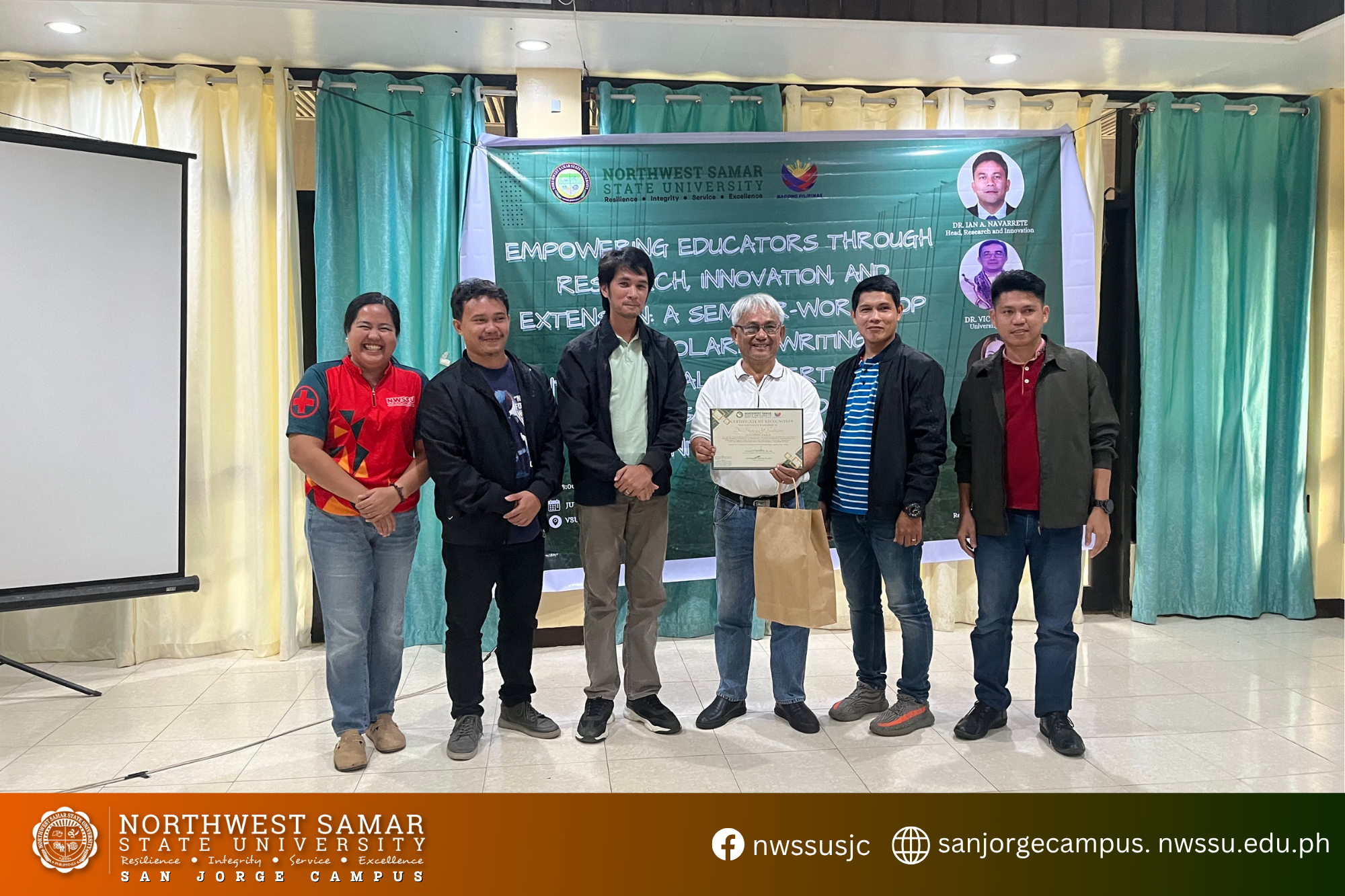
Day 4: Faculty Reclassification Through Research and Extension
On the fourth day, Mr. Jessie R. Sabijon, Dean of the College of Agriculture and Technology and Director of the Samar Island Organic Agriculture Research and Development Center (SIOARDC) at NwSSU, discussed the critical role of research, innovation, and extension work in faculty performance evaluation and promotion. He explained how scholarly and community-based outputs contribute significantly to faculty reclassification, thereby incentivizing research engagement and extension involvement within the academic structure.
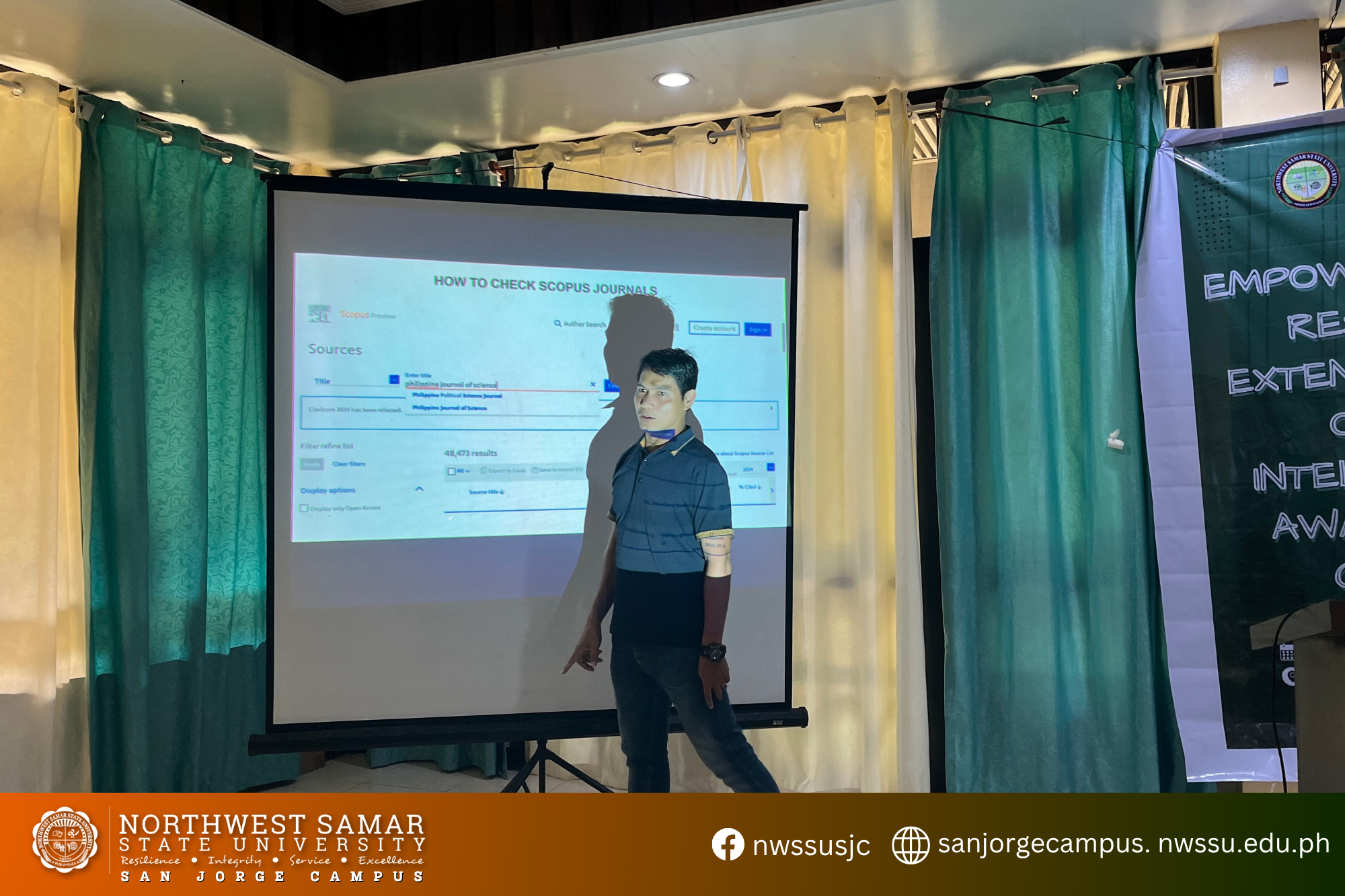
The final day wrapped up with workshops and planning sessions focused on integrating learnings into actionable campus initiatives. Participants collaborated in identifying opportunities for publication, project implementation, and community partnerships, aligning with NwSSU’s goals.

In his closing remarks, For. Eduardo G. Espejon Jr., Director of Research, Innovation, and Extension of the San Jorge Campus, expressed gratitude to the facilitators, participants, and organizing team. He encouraged faculty members to sustain the momentum of excellence in research and community work. Through this initiative, NwSSU – San Jorge Campus once again reaffirmed its dedication to fostering a vibrant academic community grounded in research integrity, intellectual advancement, and responsive service to society.




















